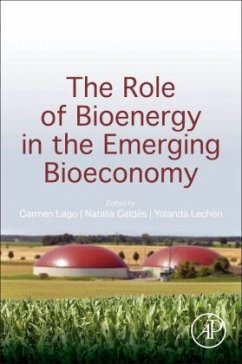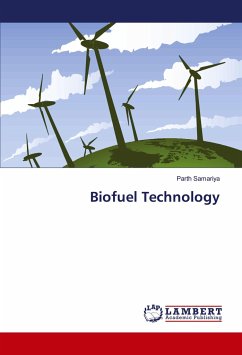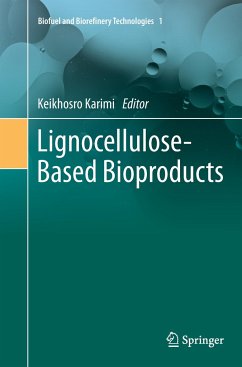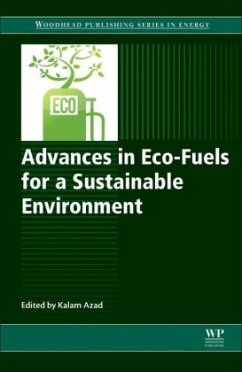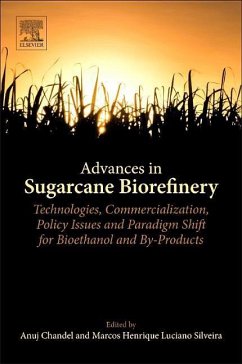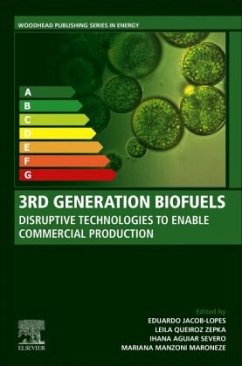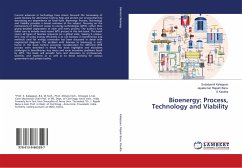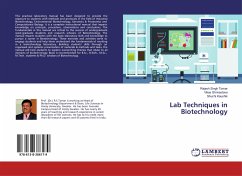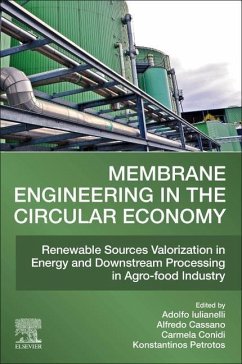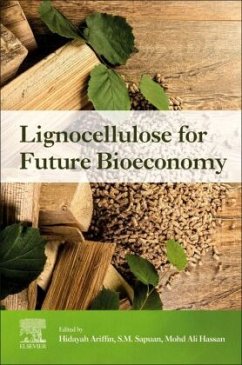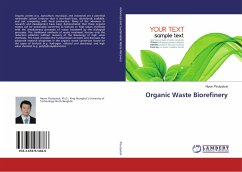
Organic Waste Biorefinery
Versandkostenfrei!
Versandfertig in 6-10 Tagen
43,99 €
inkl. MwSt.

PAYBACK Punkte
22 °P sammeln!
Organic wastes (e.g. agriculture, municipal, and industrial) are a potential renewable carbon resource that is non-fossil base, abundantly available, and not competing with food production. Many of the advances in research and development have been demonstrated that these organic wastes can be sustainably converted to biofuels or high values chemicals with the simultaneous processes of waste treatment by the biological processes. The traditional methods of waste treatment focuses only the reduction pollution without recovery of the bioenergy or high value chemicals. This book provides the fund...
Organic wastes (e.g. agriculture, municipal, and industrial) are a potential renewable carbon resource that is non-fossil base, abundantly available, and not competing with food production. Many of the advances in research and development have been demonstrated that these organic wastes can be sustainably converted to biofuels or high values chemicals with the simultaneous processes of waste treatment by the biological processes. The traditional methods of waste treatment focuses only the reduction pollution without recovery of the bioenergy or high value chemicals. This book provides the fundamental concepts and discusses the advanced research progresses in the organic waste conversion based on the types of biofuels (e.g. hydrogen, ethanol and electricity) and high value chemical (e.g. polyhydroxyalkanoate).



